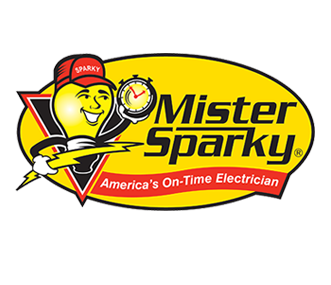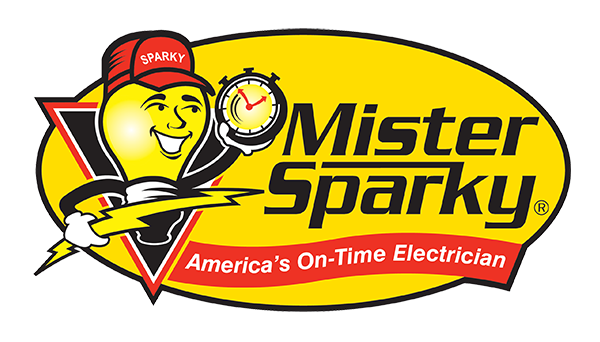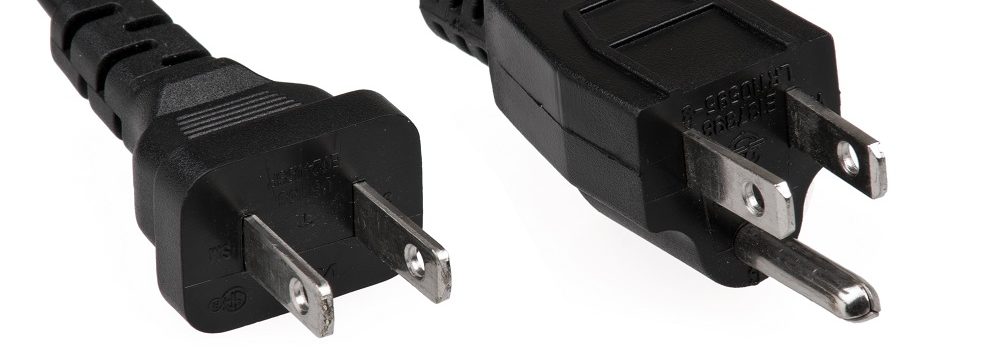
10 Nov Two Prong Electrical Outlet Safety
Three Prong vs. Two Prong Electrical Outlet
We’ve all noticed the obvious difference between a two prong electrical outlet and a three prong electrical outlet. But many have never stopped to consider why they’re different and what the difference might mean for your home. The answer is quite a bit.
The main difference between a two prong electrical outlet and a three prong electrical outlet is that a three prong outlet has a ground wire, while a two prong outlet doesn’t.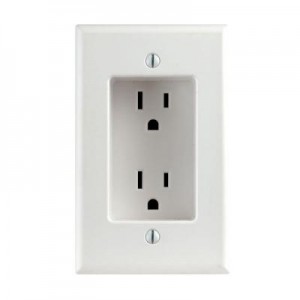
What Is A Ground Wire?
Every outlet has a hot and neutral slot. Your hot slot delivers electricity to the outlet, and the neutral slot sends electricity back to the main electrical panel. However, both wires are designed to only handle a certain amount of volts (usually 120 volts). A ground wire is basically a safety wire that directs any surges of excess electricity to the ground to protect your electrical work from getting fried.
The ground wire aids the hot and neutral wires in case they receive more electricity than they’re designed to handle (i.e. from plugging in too many appliances.) Without a ground wire, they can deliver an electrical shock, heat up and cause a fire or damage the plugged in appliances.
Appliance cords and extension cords with three prong plugs provide a ground for the cord and often serve as the grounding path for the appliance itself. You may notice that some appliances and power tools only have two prong cords. This is usually because the appliance is designed to be adequately insulated (often called “double insulated“). In newer equipment, double insulated cords are designed to remove the chance of being shocked by the tool if it were to short. That being said, if the appliance or tool is old, it may not be double insulated even though it has a two prong cord.
What About Adaptors?
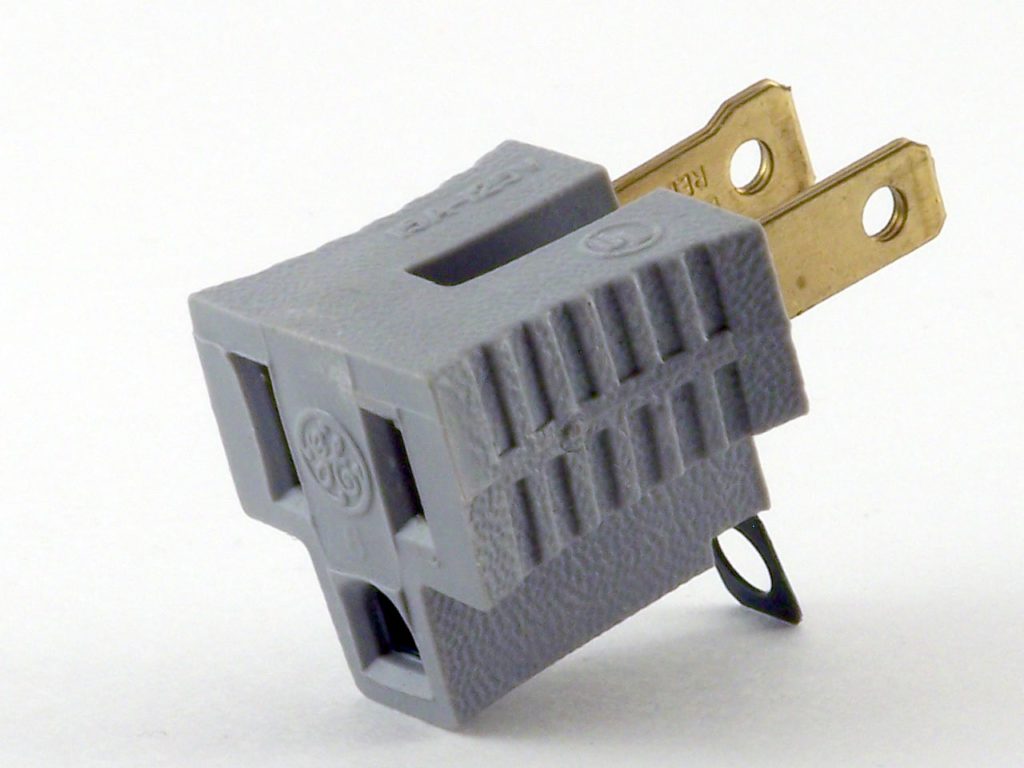 A popular solution to limited plug-in space is to use an adaptor on an outlet, but they aren’t as safe as you might think. If you are using a three prong adapter over top of an older two prong electrical outlet, it is not grounded and could shock you or cause a surge in your electrical work. Some of these adaptors come equipped with a little metal tab that is meant to be screwed into the outlet cover as a form of grounding, but hardly ever work properly because a plastic box interferes with the pathway of electricity. At the end of the day, you’re ultimately better off converting the outlets to three prong ones!
A popular solution to limited plug-in space is to use an adaptor on an outlet, but they aren’t as safe as you might think. If you are using a three prong adapter over top of an older two prong electrical outlet, it is not grounded and could shock you or cause a surge in your electrical work. Some of these adaptors come equipped with a little metal tab that is meant to be screwed into the outlet cover as a form of grounding, but hardly ever work properly because a plastic box interferes with the pathway of electricity. At the end of the day, you’re ultimately better off converting the outlets to three prong ones!
Now, if you have a three prong adaptor over top of three prong outlet that typically is ok as long as you don’t put too many volts in the outlet.
Do It Yourself?
If your home was built before 1962, there is a good chance you have two-prong outlets. You can change them to three prongs to make them grounded, but the process is a little complicated and involves multiple steps. If you are trying to DIY your outlets, make sure you understand how to:
- Turn off the power to the outlets
- Use a circuit tester
- Disconnect the old outlet
- Add extension “pigtail” wires
- Measure amperage (15 amp = 14 gauge, etc.)
- Identify line terminals
A Simpler Option
Even after all that, if your home is grounded, but some of your outlets are not, a trained, licensed electrician is still recommended to ensure the safest modifications.
Call Mister Sparky to set up your appointment to convert your two prong electrical outlet to three prong today.
Mister Sparky Electrician Tulsa, America’s On-Time Electrician in Broken Arrow, Jenks, Bixby, Sapulpa and Claremore services the Tulsa metro area with a team of licensed electricians. In addition to emergency electrical repairs, some of the electrician services provided by the company include: electrical outlet/switch repair, ceiling fan installation, lighting installation, residential wiring repair, landscape lighting installation and home electrical inspections. Call us today at (918) 200-9900 to schedule an appointment!
